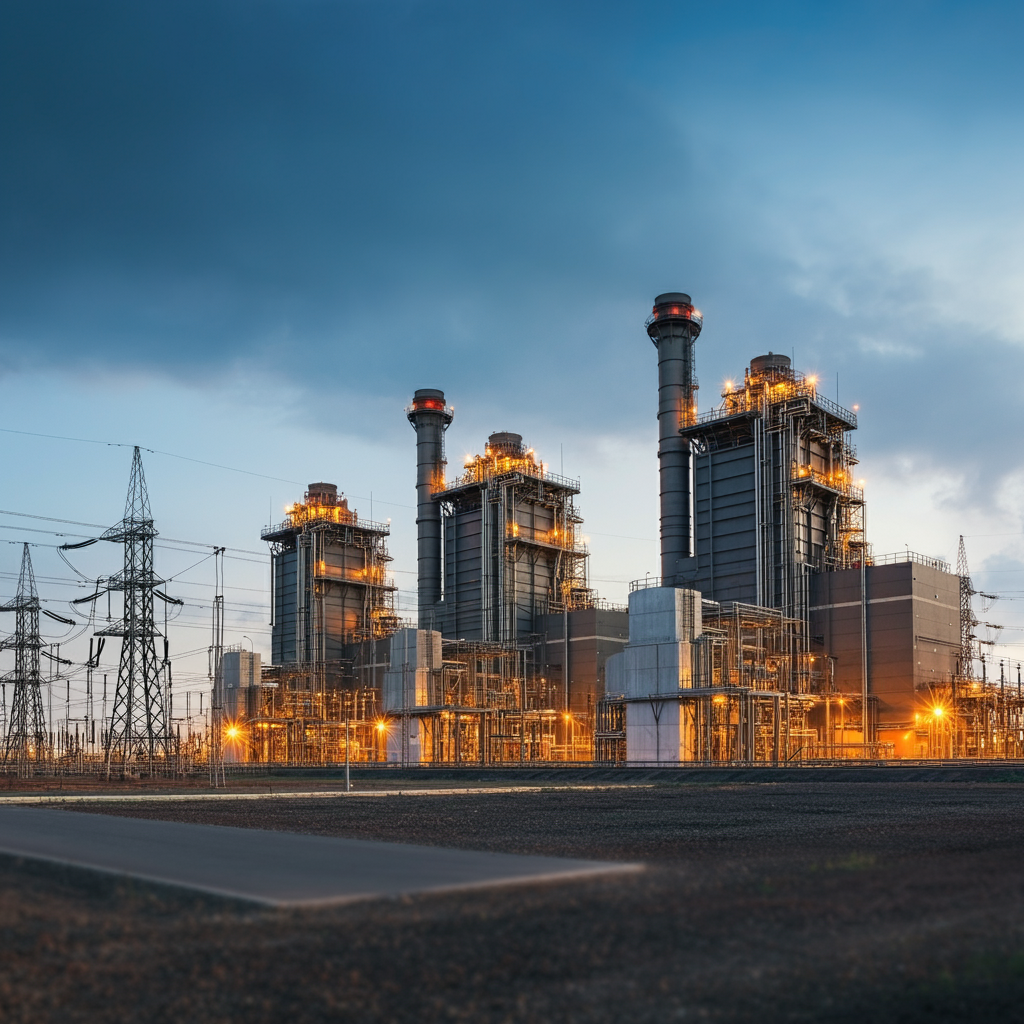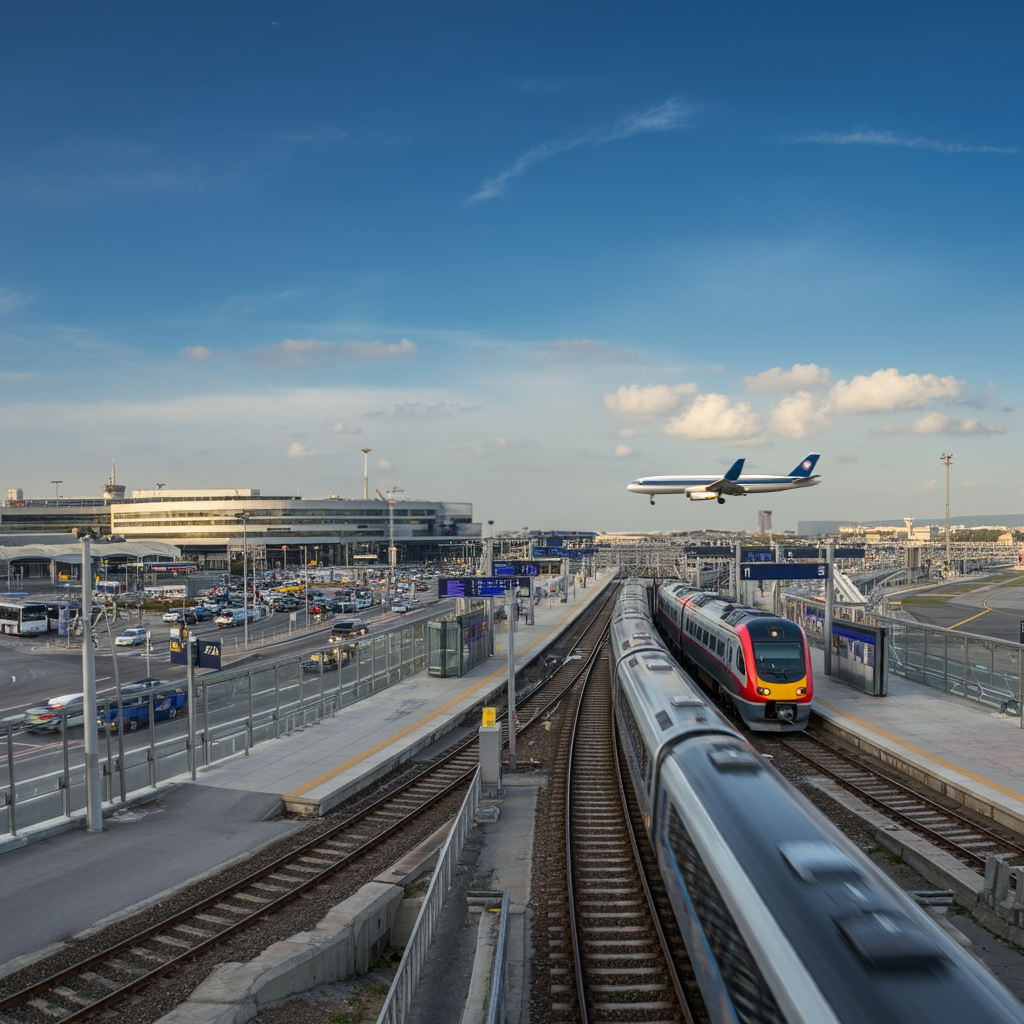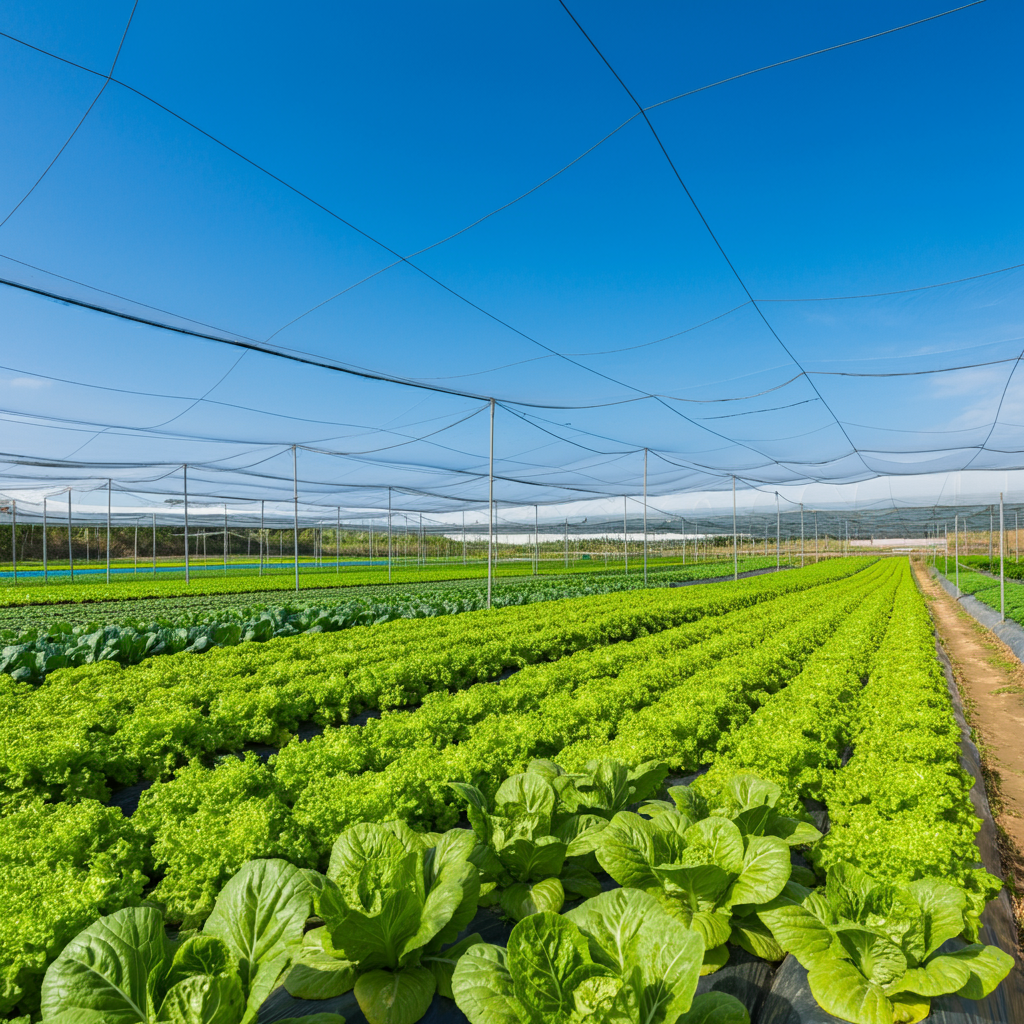Cntrl-Z’s Approach In Responsible Sustainability Solutions.

Electricity Generation: Electricity powers our modern cities, transportation systems and industries. We get our electricity from burning fossil fuels like coal, oil, and natural gas. Energy generation is a major source of greenhouse gases, significantly contributing to carbon dioxide emissions.
Manufacturing and Construction: Steel and concrete structures line our modern cities. Our manufacturing sectors are sources of income and employment. Producing materials such as cement, steel, and plastic generates substantial greenhouse gases through energy-intensive methods and chemical reactions releasing carbon dioxide and other pollutants.

Transportation: Our cities and countries are interconnected thanks to modern transportation. Vehicles, ships, airplanes, and other transport modes emit major greenhouse gases, mainly carbon dioxide from burning gasoline, diesel, and jet fuel.
Buildings: Residential and commercial buildings contribute to greenhouse gases through heating, cooling, lighting, and appliances, often using energy from fossil fuels.

Agriculture: To ensure food security and feed our population, we rely on large-scaled modern agriculture. Though these techniques are far more efficient from traditional farming, modern agricultural activities emit sibstantial greenhouse gases, including methane from livestock, rice paddies, and manure, as well as nitrous oxide from fertilized soils and other practices.
The responsible approach is to transform these crucial human economic activities to become more energy efficient and to transition to renewable sources of energy.
Business owners will face significant implications in the coming years due to heightened regulations and unpredictable weather patterns. They will be under pressure from regulators, investors, and customers to address this global issue. In the near future, more and more businesses will need to tackle the following challenges:
- Adapting to sweeping regulatory changes and compliance requirements.
- Managing the costs and complexities associated with transitioning to low-carbon technologies.
- Meeting increasing expectations from investors and consumers.
- Quantifying environmental financial risks and costs.
- Ensuring partners’ ability to comply with supply chain adjustments.
With a right partner like Cntrl-Z, your business can expect to unlock new business value, build a stronger brand and enjoy greater cost efficiencies:
- Cost savings from improving energy efficiency and transitioning towards renewable energy in your operations.
- Open new revenue streams by developing more sustainable products and services that target environmentally minded market segments.
- Address regulatory compliance requirements to reduce penalties and fines.
- Draw from capital with ESG requirements and secure lower green financing rates.
- Improve consumer and employee branding.

